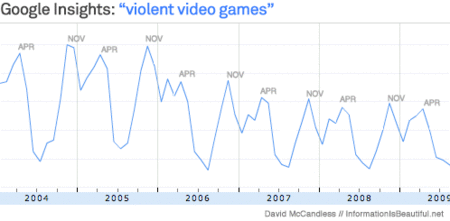VW for idiots, Part 2
The Jetta platform will provide the basis for VW's new workhorse for the American market, and the company is "pretty much convinced" that Jetta will be the name as well, Mr. Jacoby said. But he promised a retooling that would try to blend European design and allure with Americans' practical needs.
For instance, there will be more and different types of cup holders -- a must-have for American consumers.
A different suspension will yield a smoother ride. Folding mirrors, a necessity in tight European streets, will not be standard. The acceleration and braking pedals will be farther apart in response to American complaints that it is easy to accidentally press both simultaneously.
And some other device will replace the balky dials used to recline seats in European cars. Market research in the United States found that "women break their fingernails or scratch their hands," Mr. Jacoby said.
Volkswagen is also slowly asserting firm control over its dealer network, long a source of irritation among American buyers. They complained about bad after-sales service on top of quality problems, such as electrical systems, with VW cars.
Part 1: VW tailored especially for unrefined Americans.
Business
VW Seeks to Turn Nostalgia Into Sales in U.S.
By CARTER DOUGHERTY
Published: August 22, 2009
A new VW plant in Chattanooga, Tenn., will produce a midsize sedan that has been designed for American tastes.




